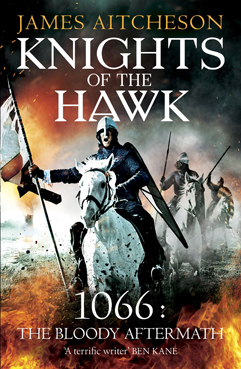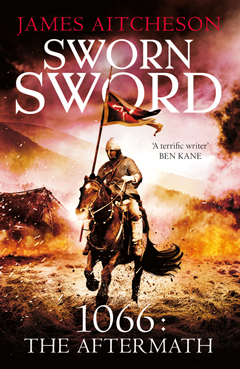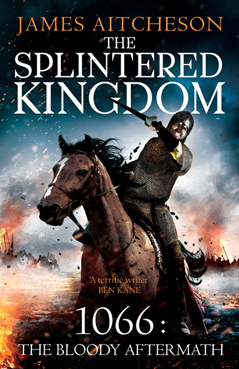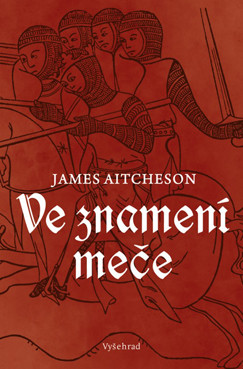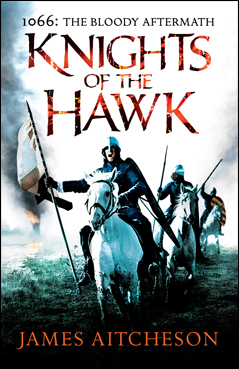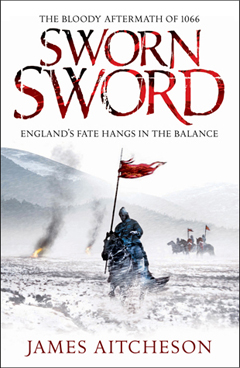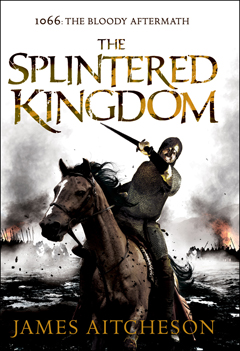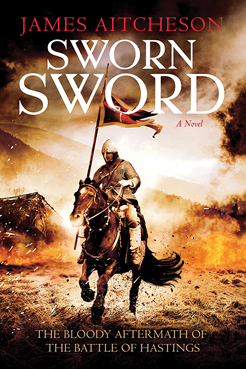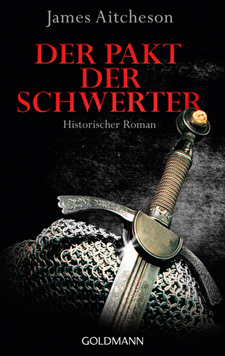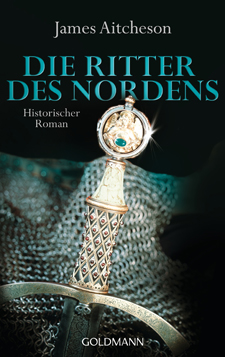In Our Time: Domesday Book
On this week’s edition of In Our Time, the long-running BBC Radio 4 series, the topic under discussion was Domesday Book. One of the most significant documents in English history, it is unparalleled in form and scope, and one of the greatest legacies of the Norman Conquest.
Commissioned by William the Conqueror in 1085, it is, in essence, a kingdom-wide record of who held what estates and other assets in England and how much they were all worth. The level of detail sought by the men carrying out the inquest was remarkable, even if not all of it necessarily made it into the final, edited version. As one of our key sources for the period, the Anglo-Saxon Chronicle, comments in its entry describing the Domesday Survey:
“…there was not one single hide, not one yard of land, not even (it is shameful to tell – but it seemed no shame for him to do it) one ox, not one cow, not one pig was left out, that was not set down in his [King William’s] record.”
Joining Melvyn Bragg to discuss Domesday Book, the circumstances of its creation, the processes of the survey that supplied the information, its contents and its lasting impact, were three eminent scholars of the Norman Conquest: Elisabeth van Houts, David Bates and Stephen Baxter. It’s a fascinating debate; even after 900 years there remain several unanswered questions as to how it was put together and the exact reason for its being commissioned.
If you missed it, you can catch up online or else download the discussion as a podcast to listen to later from the BBC website. The In Our Time archive includes many excellent programmes related to Anglo-Saxon England and the Norman Conquest, and indeed history in general. In time I plan to compile a list of the best ones and post the links here on the website for anyone who’s interested in finding out more.
For the moment, however, here are two of my favourite programmes from the archives: firstly, Alfred and the Battle of Edington, about the West Saxon king’s struggles against the Viking invaders; and secondly, if you’re looking for further insight into life in England post-1066, The Norman Yoke, exploring and questioning the idea that the Conquest was necessarily a Bad Thing that resulted in many years of harsh oppression for the Anglo-Saxons.
If you’re interested in looking deeper into Domesday Book, meanwhile, or in exploring the history of your own home town or village, you need go no further than the Open Domesday project. Combining map data with records from the survey, it’s a visual, searchable database of who held what property in England, both on the eve of the Conquest in 1066 and at the time of the survey two decades later. It’s free to access, and easy to use.
And of course I can’t talk about Domesday Book and go without mentioning my own grand historical survey of the kingdom of England c.1066, Tancred’s England. With just three location entries so far, it’s not quite on the scale of that eleventh-century masterwork, which records 13,418 places and contains over 2 million words, but I’ll be adding to it bit by bit over the coming months. Any comments, including suggestions for other places that I could feature in Tancred’s England, are welcome – just let me know via the Contact page.
Featured podcast
For more podcasts, visit James's channel on Soundcloud.








